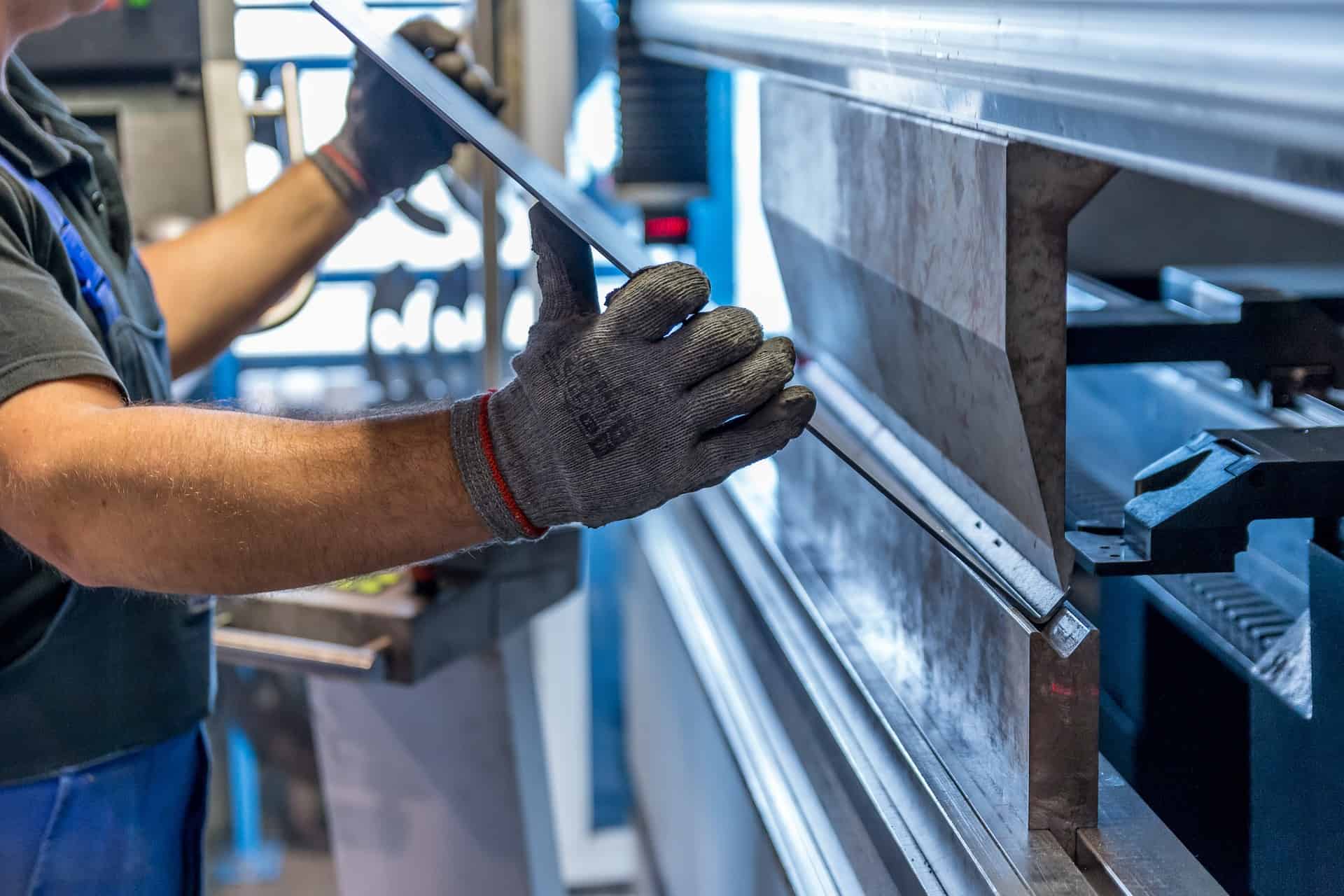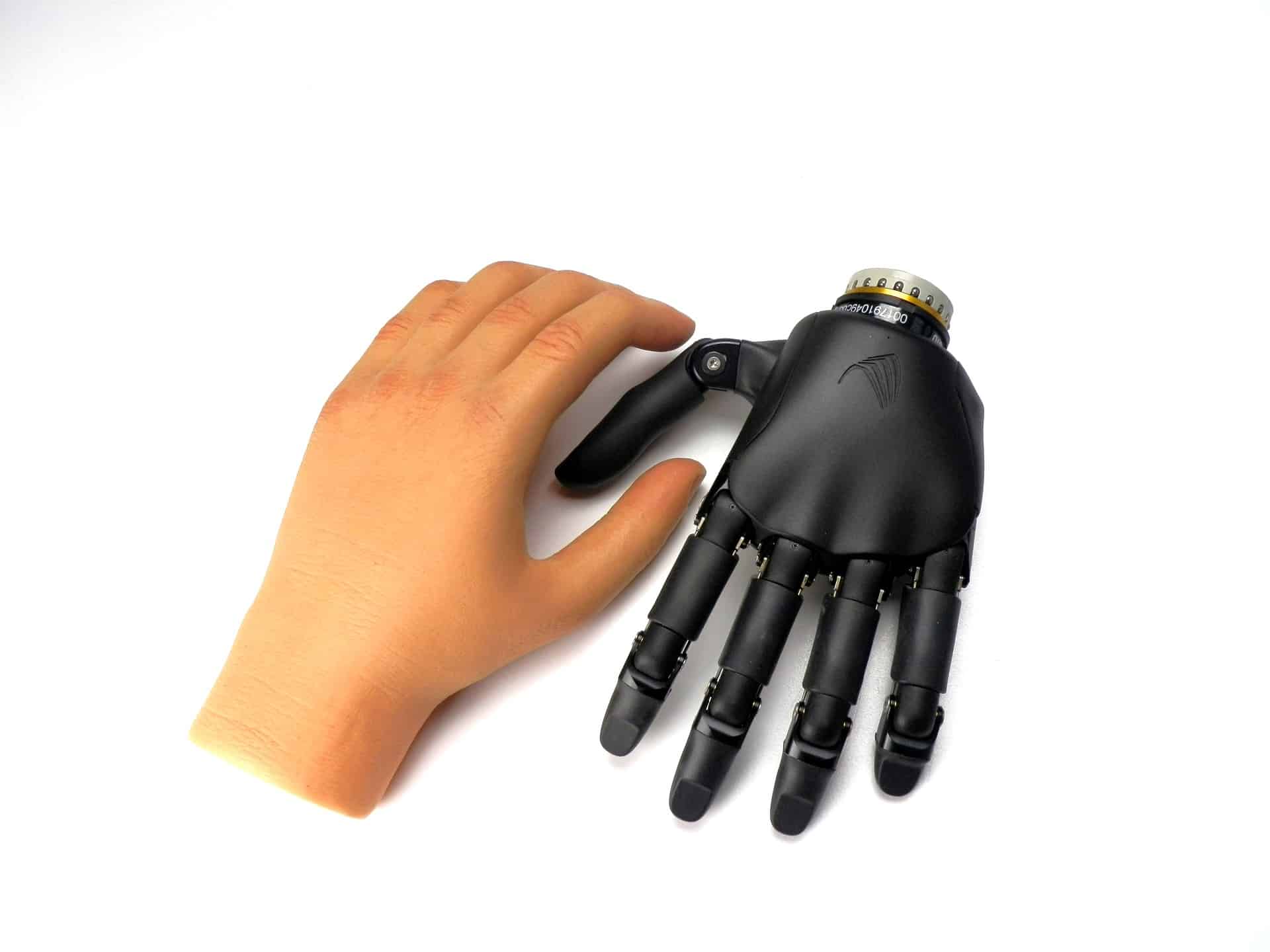A story often heard in management circles talks of a toothpaste company facing a problem: Its factory was putting out empty boxes from time to time, with little to distinguish them from fresh boxes.
The top minds in the company came up with a solution: a set of special scales to help identify the empty boxes.
Each time this system encountered an empty box, production would stop, an alarm would blare, and a worker would remove this box before production restarted.
A few months later, the company was at its wit’s end again: This new, cutting-edge, and expensive system was not detecting any empty boxes!
The GCC region has always been an early adopter of new technology, and the appetite and capability to incorporate AI/ML solutions into workflows increased throughout the pandemic.
A top executive went to the factory to investigate, and found someone had placed a fan right before the scales in the production line.
The bemused executive asked the workers: Why?
Apparently, this inexpensive fan simply blew away the empty boxes, leading to no extra labor except at the end of the day to remove the accumulated boxes, and the production was also not held up every time an empty box was produced.
So, what prompted such a solution? The workers said they were tired of the blaring alarm!
Management lesson
Of the many management lessons this one single story can teach, an important one is that workers will find a way to make work — and by extension life — easier.
Whether they do it in their own terms, which may not always be optimal, or whether they are given the best tools and resources to do it, optimized by artificial intelligence or machine learning (AI/ML), is up to the prudence of the management.
After all, AI and automation can immensely improve a workday.
Now, the GCC region has always been an early adopter of new technology, and the appetite and capability to incorporate AI/ML solutions into workflows increased throughout the pandemic.
Businesses had several difficult spending decisions in 2020 and 2021. Yet, despite the chaos of a pandemic and the economic downturn, many of them continued to invest in AI/ML and automation.
But, despite this rapid adoption, there is still a gap in frontend and backend operations’ access to digital tools.
Deskless workers, who account for 80 percent of the global workforce, have typically been overlooked in the broader process of business digitalization.
All this, while a variety of tools were available for digitizing back-office activities.
Modern tech tools for frontline workers
For most companies, the pandemic presented the challenge of how to continue seamless operations while employees worked from home. Successfully adapting to this challenge depended mainly on the technology at a company’s disposal.
On the other side, this shone an even brighter light on the digital disconnect between desk and field workers, and highlighted the importance of making digital solutions available for field staff.

“Tasks for frontline workers, especially in large companies, have become increasingly complex. The multitude of tasks, problems, and incidences which face, for example, large ports, need 21st-century tools for coordination,” said Rami Darwish, CEO of Dubai-based software startup Arrow Labs.
Founded in 2011, Arrow Labs has built a suite of web and mobile apps, as well as wearables, packaged as a subscription, enabling businesses to manage their field operations.
The software claims to remove the complexity of scheduling, work distribution, recourse management, workflow automation, and route optimization.
Many operational issues, according to Darwish, originate from sub-optimal incident management on the ground, insufficient information, delays in logging and communicating issues, and poor coordination.
“People are not reading from the same book; you have access to real-time information and productivity tools on the backend, but on the frontline, people are still doing things the old way — communicating via walkie talkies and making a lot of phone calls — which is extremely inefficient,” he said.
“It adds strain because instead of focusing on the work that has to be done — whether it’s maintenance, constructing infrastructure, or gathering crucial field data — they’re wasting time on administrative tasks,” explained Darwish.

“The frontline and back office have to be on the same playing field to make to make information flow easier,” he added.
Arrow Labs established its R&D center in 2013 when it was developing the first iterations of its software called MIMS, a SaaS platform that connects frontline workers to machines and facilities via a mobile app and wearables to improve and optimize automation, performance, and workflow management.
Today, Arrow Labs claims MIMS can reduce operating costs by 20 percent, increase staff productivity by 30 percent, and push up business efficiency by 40 percent.
“The benefits of modern technologies are evident. Efficient digital reporting improves accuracy, triggering the necessary event identification and resolution processes.,” said Darwish.
Rising demand for AI/ML
AI can fundamentally alter markets in the Middle East by enabling innovative new services, jobs, and business models.
Companies that integrate AI/ML into their processes benefit their employees.
For example, technologies that reduce administrative costs or optimize work schedules make workplaces more appealing to employees.
According to Darwish, many industries are eager to use AI/ML to become more effective and productive.

This is especially true in the telecommunications, manufacturing, oil, and gas sector.
Other industries, such as logistics and infrastructure management, are becoming more aware of the capabilities of these technologies.
“We are witnessing an extraordinary rise in demand for field services, particularly in the aftermath of Covid-19,” noted Darwish.
“In certain circumstances, increased demand has resulted in severe supply-chain bottlenecks.”
He went on to say: “There is widespread consensus in research data that demand for field services will continue to rise, making it critical to use technology such as AI/ML to improve productivity, automate repetitive work, and alleviate administrative hassles. This will allow employees to be more productive in the key services they provide.”
Darwish sees automation as an ally rather than a threat to workers.
“We believe AI will expand human capabilities by solving difficulties and helping individuals become more productive,” he said.








